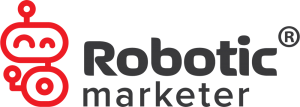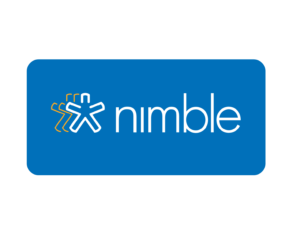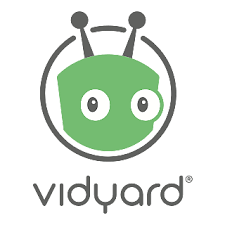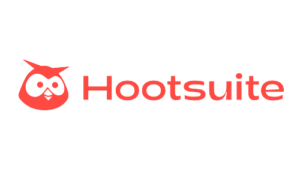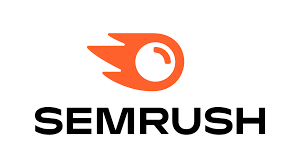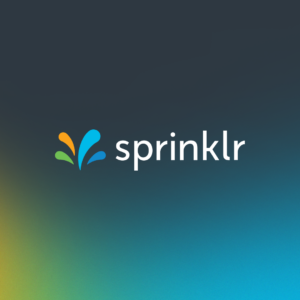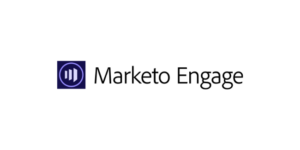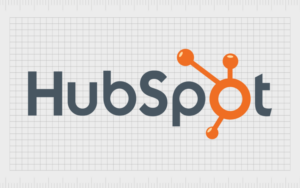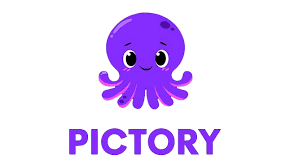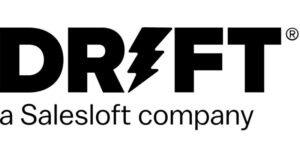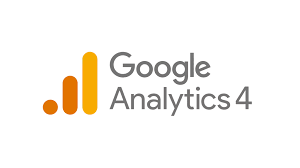The Role of AI in Digital Transformation
Data-Driven Marketing: The Value of Customer Insights
Meeting Modern Consumer Demands with Scalable Personalization
The Advantages of AI-Powered Marketing Automation
Automation is a significant benefit of AI-driven marketing. By automating repetitive tasks such as data analysis, campaign optimization, and reporting, tech companies can significantly improve their marketing efficiency. Marketing strategy generators, for example, can automatically create comprehensive marketing plans based on predefined parameters and business goals.
Aligning Marketing with Digital Transformation Goals
Scaling and Evolving with the Right Partner
Partnering with an AI-driven marketing firm gives tech companies the expertise and resources to scale their marketing efforts effectively. These firms offer a range of services, including AI-powered content generation, marketing budget analysis, and project management integration.
By working with an AI-driven marketing partner, tech companies can stay ahead of the competition and adapt to the fast-changing market. These firms continuously update their strategies and technologies to align with industry trends and best practices, ensuring sustainable growth and a competitive edge.
As digital transformation continues, AI-driven marketing will play a bigger role in tech companies’ success. The ability to use AI for data analysis, automation, and personalization gives these companies a significant advantage. Embracing AI marketing firms helps companies navigate the digital landscape, improving efficiency and customer satisfaction.






